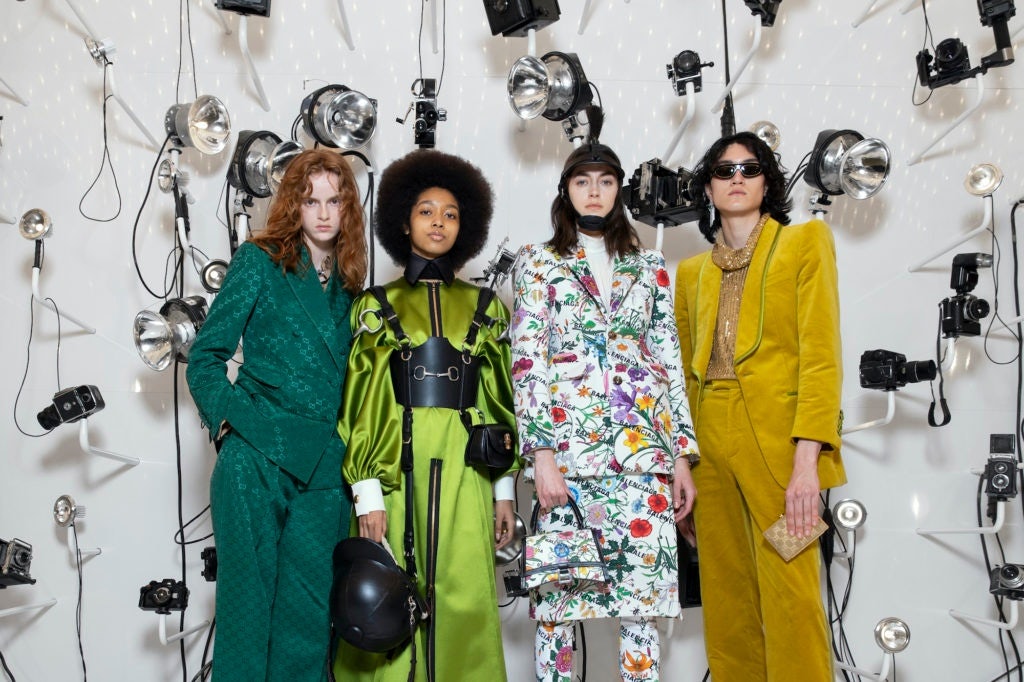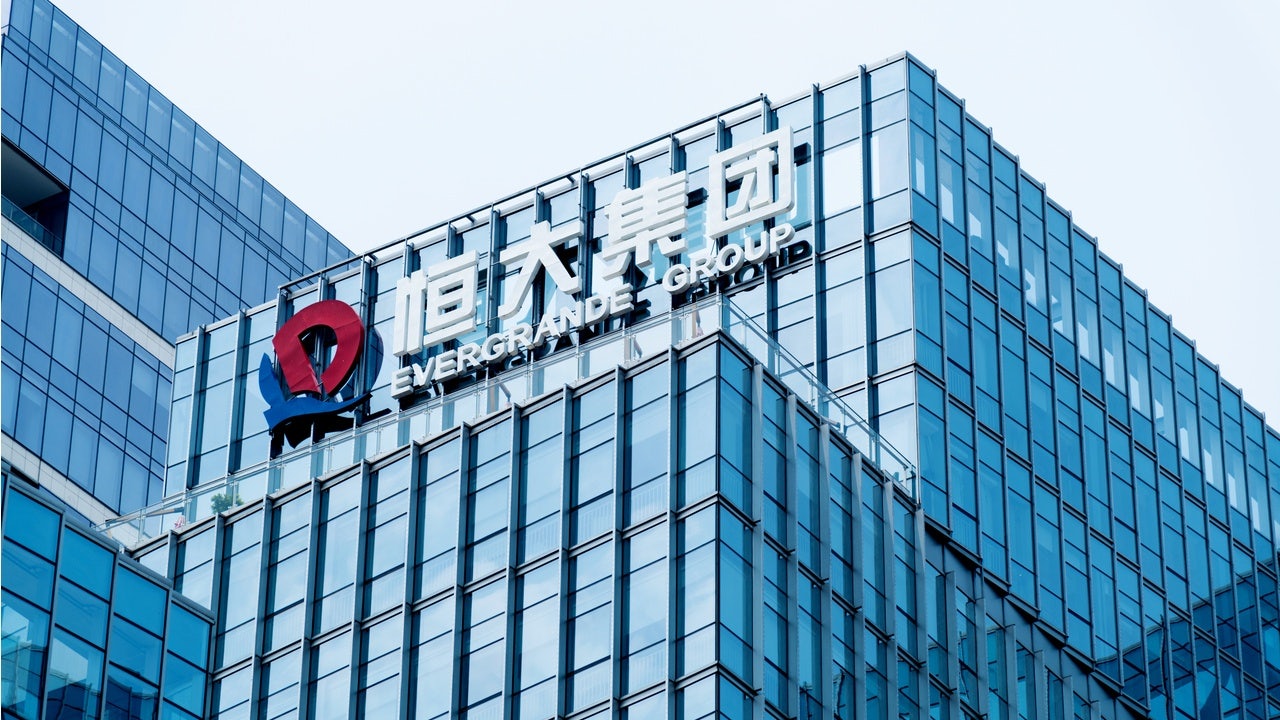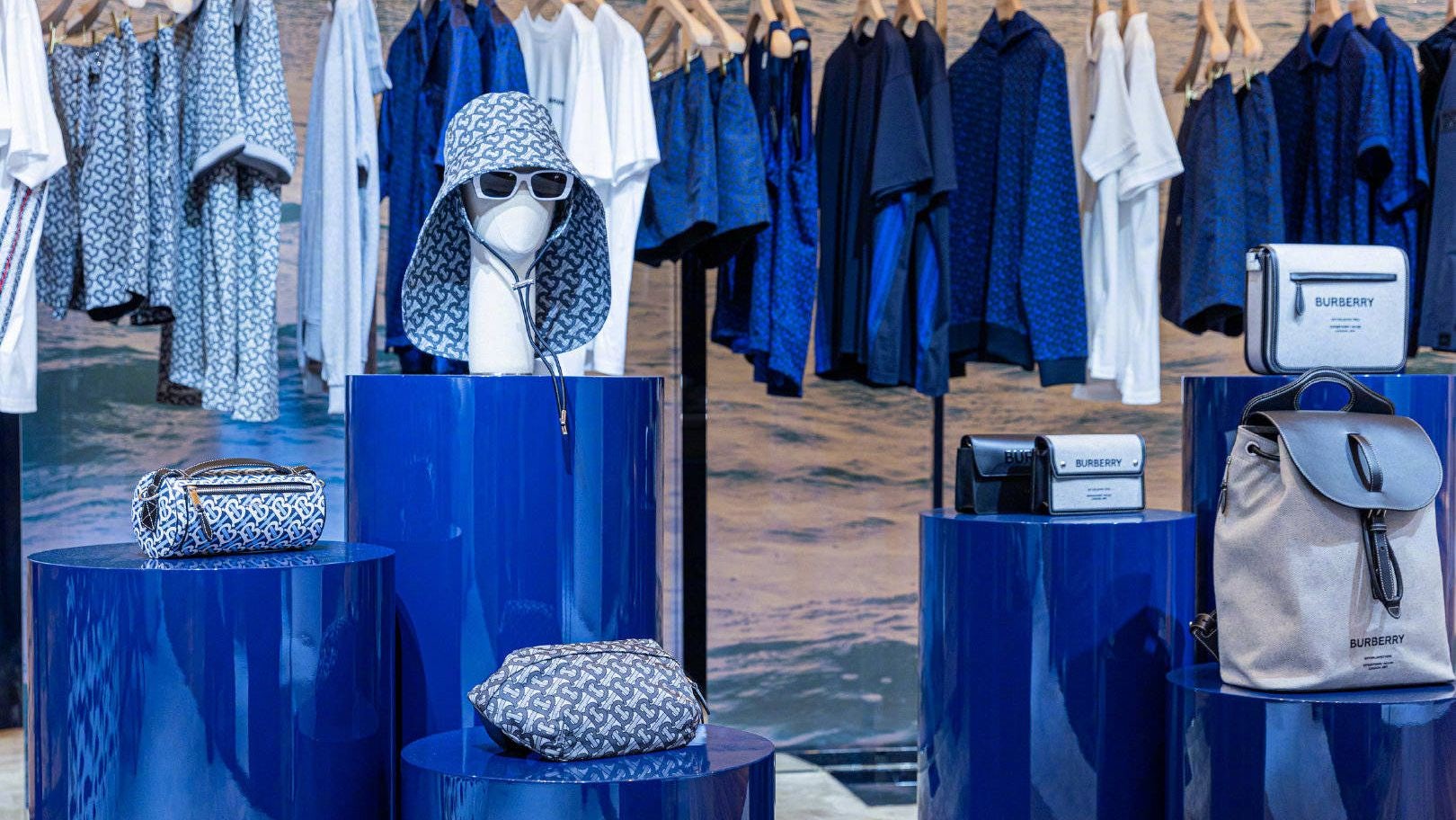Index Moves#
is our monthly analysis of the biggest climbs and drops on The Jing Daily KraneShares China Global Luxury Index, which tracks the global market performance of the luxury sector. The Index relies on the Jing Daily Global Luxury Score and Jing Daily Brand Awareness in China Score in addition to fluctuations in market cap and stock closing price. Below, we highlight luxury brand moves for the month ending September 30, 2021.
September was the worst month for global equities since the coronavirus pandemic hit markets in March 2020 — and luxury goods were no exception. The Jing Daily KraneShares China Global Luxury Index dropped to levels not seen for five months, with every single company in the top ten suffering a decline in September. Given this, have investors realized that the recent growth in the luxury market was unsustainable?
Or perhaps, it's China, the world’s leading growth market for luxury, that has spooked investors, with September bringing a trio of threats after August’s common prosperity push and a broader crackdown on Chinese tech companies.
First, the government’s renewed crackdown on the gaming sector christened the month, with its temporarily slow approval of new online games to follow. The effect on the luxury market was immediate, according to Thomas Chauvet, the head of luxury goods equity research at Citi. “It shows that regulators can intervene at any point in time in the cycle and decide that some form of growth might be excessive, and some sectors need to be more regulated,” he said.
Then came the Evergrande debt crisis and its impact on consumer spending. More than 80,000 high-net-worth Chinese had bought Evergrande’s wealth management products, and while the company has paid back some investors, others fear they won’t ever see their money again.
Even those that did not invest in those products face exposure to an uncertain property market, in part caused by Evergrande. “If your income hasn't really changed and your property price has stagnated or even gone down a bit, that probably wouldn't contribute very positively to you buying another bag because you don’t feel better off,” said Ling Xie, an equities analyst on luxury goods at Credit Suisse.
But the biggest factor affecting luxury markets in September was the resurgence of COVID-19 in Asia. More local lockdowns and restrictions on regional travel meant less luxury spending. “It’s the mechanical effect of restrictions in terms of store closures or restrictions on movements of people or just the fear of going to the mall,” says Chauvet. In fact, the Delta variant didn't just hurt the market in China; it pummeled those in Japan, South Korea, Singapore, and Macau, as well.
And it also impacts Europe as a result of the continued absence of wealthy Chinese tourist-shoppers. Paris-based Kering, the owner of Gucci, has been the hardest hit among the top ten companies in The Jing Daily KraneShares China Global Luxury Index. Since August, its share price has fallen by around 20 percent, and Gucci has been the source of much of the group’s woes, says a recent report from UBS. Brand momentum has softened on a quarter-on-quarter basis, but investors remain hopeful for the fourth quarter of this year when the Aria collection hits stores.

LVMH led The Jing Daily KraneShares Index for most of September, which shows that investors are optimistic ahead of the company’s Q3 results, released on October 12 (the first set of seasonal results from the luxury industry).
“All in, Q3 shouldn’t be too bad, but with periods of doubt favoring leaders, we see no rush to buy stocks in the luxury sector outside of LVMH,” wrote Erwan Rambourg, the global co-head of consumer and retail research at HSBC, in a report from September 29.
Rather than being viewed negatively, analysts say September’s slump is just a reevaluation of luxury stocks. Watching the market reach record highs this summer, a mere 16 months after most of the world went into lockdown, was unsettling. “The market sentiment has really been around whether luxury companies can sustain that high level of growth into the rest of the year,” said Xie of Credit Suisse.
Investors can therefore expect less hammering and slower but more sustainable growth over the next few months. But there is cause for optimism, too: Analysts point out that travel restrictions will end, the Evergrande debt crisis will get resolved, and COVID cases will go down — they just aren't sure when.

